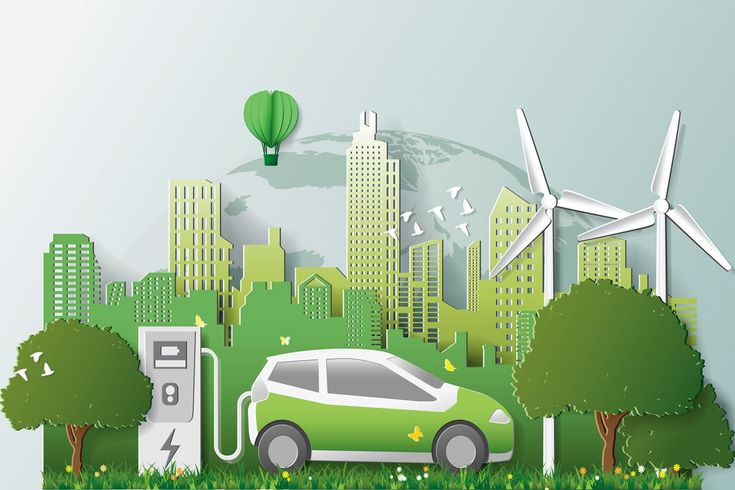As hybrid electric vehicles (HEVs) become increasingly popular for their fuel efficiency and environmental benefits, many car buyers wonder about their long-term reliability. One of the most common questions is: “Do hybrid electric vehicles break down more often than gas-powered vehicles?” Let’s explore the truth behind this concern.
Understanding How Hybrid Vehicles Work
Hybrid vehicles use a combination of a gasoline engine and an electric motor powered by a battery. This dual system helps improve fuel efficiency and reduce emissions. Depending on the design, hybrids can switch between electric and gas power or use both simultaneously to optimize performance.
The presence of two power systems — electric and mechanical — raises understandable questions about maintenance and breakdown frequency.
Do Hybrids Break Down More Often?
Surprisingly, no — hybrid vehicles do not break down more often than traditional gas-powered vehicles. In fact, several studies and user reports show that hybrids can be as reliable, or even more reliable, than conventional vehicles.
Here’s why:
1. Less Engine Wear and Tear
Because hybrids use the electric motor for low-speed driving and assist during acceleration, the gas engine runs less frequently. This reduces wear and tear on engine components, extending their lifespan.
2. Regenerative Braking Reduces Brake Wear
Hybrid cars use regenerative braking, which converts kinetic energy into electrical energy to recharge the battery. This process reduces reliance on traditional braking systems, meaning brake pads and rotors last much longer than in gas vehicles.
3. Fewer Mechanical Failures
Many hybrid systems, especially from manufacturers like Toyota, Honda, and Lexus, have been tested and refined for over two decades. These vehicles tend to have fewer mechanical breakdowns and require minimal unscheduled repairs when properly maintained.
Potential Weak Points in Hybrids
While hybrids are generally reliable, they do come with unique maintenance considerations:
1. Battery Replacement Costs
The most expensive component of a hybrid is its battery pack. Though modern hybrid batteries are built to last between 8 to 15 years, replacement costs can range from ₹80,000 to ₹2,00,000 (or more) depending on the model.
2. Specialized Repairs
Hybrid systems are more complex than standard engines. If a hybrid system component fails, repairs may require specialized technicians and higher costs compared to typical gas vehicles.
3. Software and Electronics
Since hybrids rely heavily on electronic control units (ECUs) and sensors, software issues or electrical malfunctions can occasionally occur. However, such problems are rare and typically covered under warranty for newer vehicles.
Maintenance Costs: Hybrid vs Gas
Routine maintenance on hybrids is often cheaper than for gas cars because:
-
Oil changes are needed less frequently.
-
Brakes last longer.
-
There’s less strain on the transmission and engine.
However, if the hybrid battery or electrical components fail outside warranty, repair costs can spike significantly.
Real-World Reliability Ratings
According to Consumer Reports and J.D. Power, hybrid vehicles — especially from brands like Toyota, Lexus, and Honda — rank among the most reliable vehicles on the market. Many hybrid owners report driving their vehicles for over 200,000 km with minimal issues.
Conclusion
Hybrid electric vehicles do not break down more often than gas-powered cars. In fact, they are often more reliable, thanks to reduced engine wear, efficient braking systems, and proven hybrid technology.
However, long-term reliability depends on proper maintenance and timely servicing. For those seeking fuel savings, eco-friendly performance, and long-term dependability, a hybrid vehicle can be a smart and durable investment.

